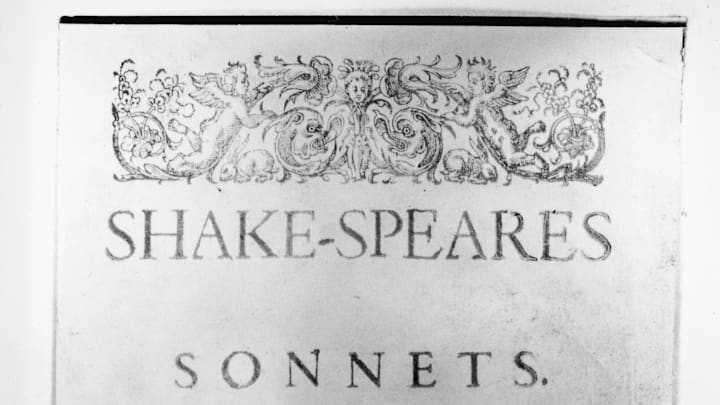The Influence of Classic Literature on Modern Writing

Classic literature has had a profound influence on modern writing, shaping narrative techniques, themes, and character development. The enduring works of classic authors continue to inspire contemporary writers and inform the evolution of literary styles and genres.
One of the most significant ways classic literature influences modern writing is through narrative techniques. Classic authors like Jane Austen, Charles Dickens, and Leo Tolstoy mastered the art of storytelling, employing techniques such as intricate plotting, multi-layered characters, and detailed descriptions. These narrative strategies have been adopted and adapted by modern writers to create compelling and immersive stories. For example, the use of a third-person omniscient narrator, as seen in Dickens' works, allows for a comprehensive exploration of characters' thoughts and motivations, a technique still popular in contemporary literature.
Classic literature also explores universal themes that resonate across time, influencing modern writing. Themes such as love, power, identity, and human nature are prevalent in classic works and continue to be central to contemporary narratives. Shakespeare's exploration of ambition and jealousy in "Macbeth," for instance, finds echoes in modern stories that delve into the complexities of human emotions and motivations. The timeless nature of these themes ensures that classic literature remains relevant and continues to inspire new generations of writers.
Character development in classic literature has set a high standard for creating complex and relatable characters. Authors like Fyodor Dostoevsky and Charlotte Brontë created protagonists with rich inner lives, grappling with moral dilemmas, personal conflicts, and societal pressures. This focus on character psychology and development has greatly influenced modern writing, encouraging contemporary authors to craft nuanced and multidimensional characters. The psychological depth found in classic literature, such as Dostoevsky's exploration of guilt and redemption in "Crime and Punishment," continues to inspire modern writers to delve deeply into their characters' inner worlds.
The structure and form of classic literature have also influenced modern genres and literary movements. The epistolary format used in novels like Mary Shelley's "Frankenstein" and Bram Stoker's "Dracula" has been reimagined in contemporary works, such as in modern epistolary novels and narrative techniques that incorporate letters, diary entries, and emails. Similarly, the stream-of-consciousness technique popularized by authors like James Joyce and Virginia Woolf has influenced modernist and postmodernist writing, allowing authors to experiment with narrative structure and the representation of consciousness.
Classic literature has also contributed to the development of specific genres. Gothic literature, with its roots in works like Emily Brontë's "Wuthering Heights" and Edgar Allan Poe's short stories, has influenced contemporary horror and dark fantasy genres. The detective fiction pioneered by Arthur Conan Doyle's Sherlock Holmes stories laid the groundwork for modern mystery and crime novels. The foundational elements of these genres, established by classic literature, continue to shape the conventions and expectations of contemporary readers and writers.
In addition to narrative techniques and themes, classic literature has inspired modern writers through its stylistic innovations. The poetic prose of authors like Marcel Proust and the lyrical style of F. Scott Fitzgerald have influenced contemporary literary fiction, encouraging writers to experiment with language and form. The stylistic richness of classic literature serves as a benchmark for quality writing, motivating modern authors to strive for artistic excellence.
In conclusion, classic literature has had a lasting influence on modern writing, shaping narrative techniques, themes, character development, genres, and stylistic innovations. The enduring works of classic authors continue to inspire contemporary writers, informing the evolution of literary styles and ensuring the relevance of timeless stories. By drawing on the rich legacy of classic literature, modern writing continues to evolve and captivate readers, bridging the past and present in a continuous dialogue of creativity and expression.